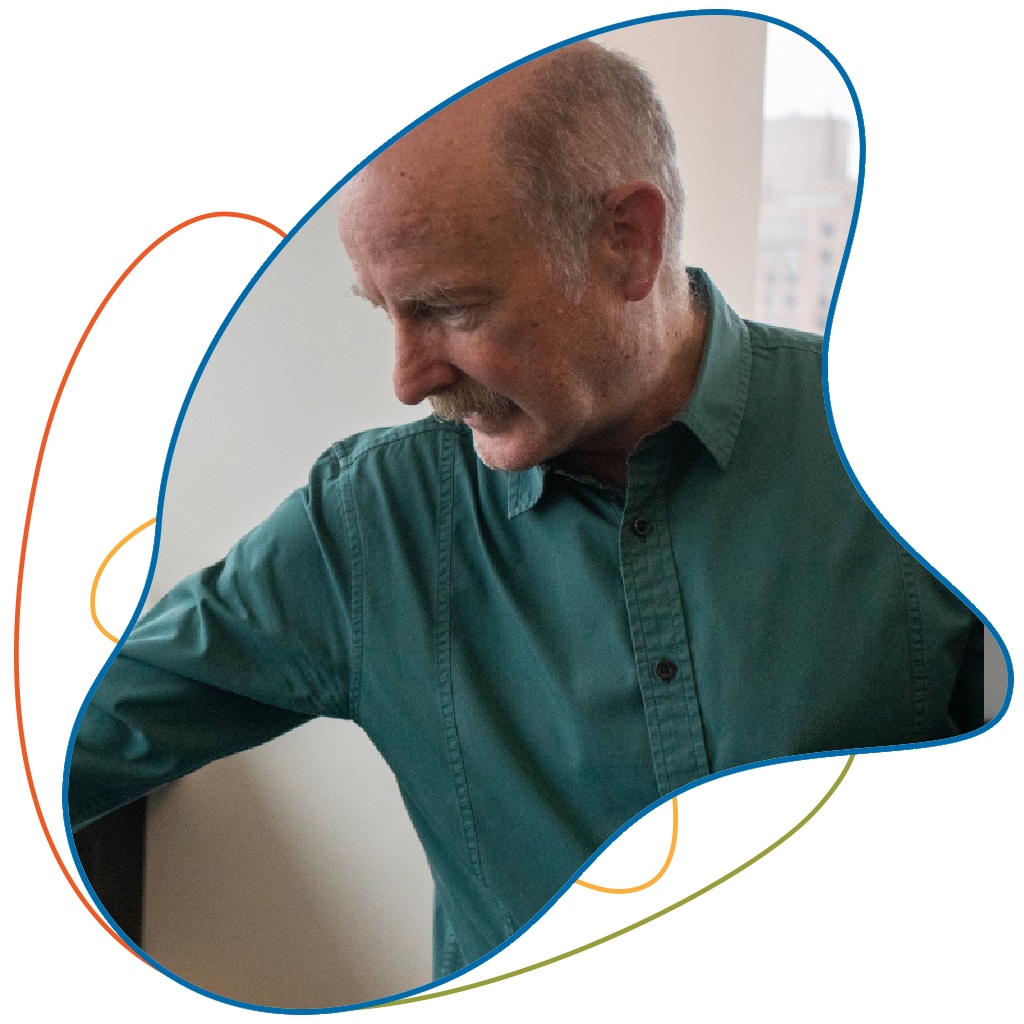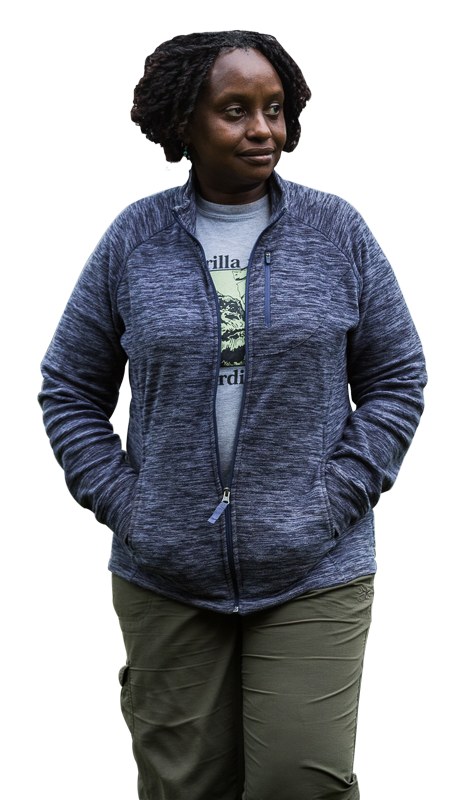
Rafael Yuste
Profile
Professor Rafael Yuste is contributing to a seminal paradigm shift in neuroscience, and is a leader in exploring the ethical consequences emerging from the confluence of neurotechnology and artificial intelligence. Yuste is professor of biological sciences and neurosciences at Columbia University, New York and one of the initiators of the BRAIN Initiative, a U.S. government-funded initiative.
Born in Madrid, Yuste originally trained as a medical doctor, later shifting to neuroscience and physics. This unusual multidisciplinary background contributed to the concept that eventually underpinned his work with the BRAIN Intiative. It also serves as the background of his more recent work on the intersection of neuroscience and AI. Launched in 2013, the BRAIN Initiative seeks to the study of the brain with the development of radically more powerful recording technologies using novel physics and engineering, deeply integrated with theory. Yuste’s work to bring together diverse thinkers in neuroscience, philosophy, law, industry and elsewhere to develop new thinking about “neuro rights” is critical to our future and his work spawned a series of global counterparts. Learn more

